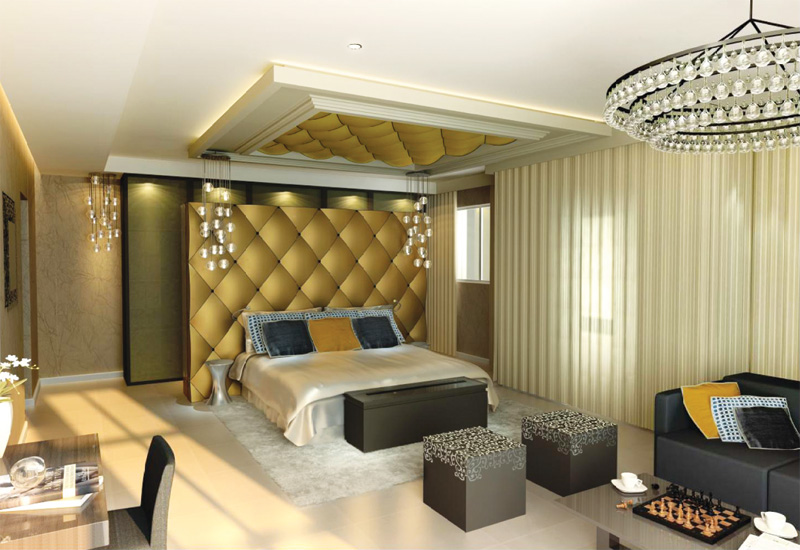Keeping it Local
The importance of local knowledge should not be underestimated and most international design firms partner with local consultants, with varying degrees of success.
In this market, the success or failure of a project can rely on the right local partnership because the business environment is very different and international firms may require an “ambassador” figure to guide them through the process.
“The language barrier is a huge factor for Western firms as well as understanding the culture,” said Gavin. “In a way, we’re spoilt in Dubai because many of the business and legal processes are based on Western standards and involve the latest technologies.

| Advertisement |
“In Saudi Arabia, things take a bit more time. Business is conducted over a period of three or four face-to-face meetings. There is also a fair amount of red tape involved with registering your company and trading there.”
Mövenpick, currently expanding its presence in Saudi Arabia, chose to partner with local architects for this reason, as Molloy confirms: “We like working with locally-based architects as they know the local jurisdiction, build codes and permitting practices. So, we send out a request for information to some of the most renowned architects operating in the market.
“We form a close partnership right from the start of the project as we believe that the success of the final product is a reflection of a good, strong and honest working relationship. Once you have the right business partner, nothing is impossible and this market is extremely professionally rewarding. In fact, it’s an amazing market to work in.”
However, finding the right partner in Saudi Arabia can be problematic. Although there are many consultants operating in the country, quality can sometimes be an issue, and with business visas hard to come by without a sponsor, international companies are forced to place a great deal of trust in the hands of their local partners.
“Saudi is one of the most competitive markets in the world at the moment,” said Aedas’ Collett, “so it is not hard to find consultants who are willing to work there; but the key is to find a good local consultant to team up with and upon whom you can rely. I feel that obtaining registration by partnering with a local firm is the ideal scenario.”
As Saudi Arabia’s boom continues, an increasing number of hotel architects will be attracted to the country. Furthermore, the market is so large and is experiencing such strong demand, that it is unlikely the boom will wane anytime soon.
Grand architectural gestures and vanguard designs will continue to spring up across the Saudi landscape as the country’s tourism industry slowly begins to mature.
“There is vast demand and the market is strong,” concludes Tabet. “As with any new market, you have to go in with your eyes wide open and if you use architects and consultants who understand the market and who you’re comfortable with, then you’ve got a good head start.
“My advice? Just do it.”
Top 5 Issues Affecting Hotel Architecture in KSA
- Security: security technology and procedures should be built into the hotel’s design to minimise disruption to the guest experience
- Segregation: separate spaces for men and women can be costly
- Local partnerships: it is essential to partner with local consultants or architects, but quality can be an issue
- Corporate vs. leisure: demand is expected to balance in the future, but business travel currently dominates the market
- Fees: with fees low in KSA, international firms have to bargain hard to secure work at an internationally competitive price









 Search our database of more than 2,700 industry companies
Search our database of more than 2,700 industry companies









